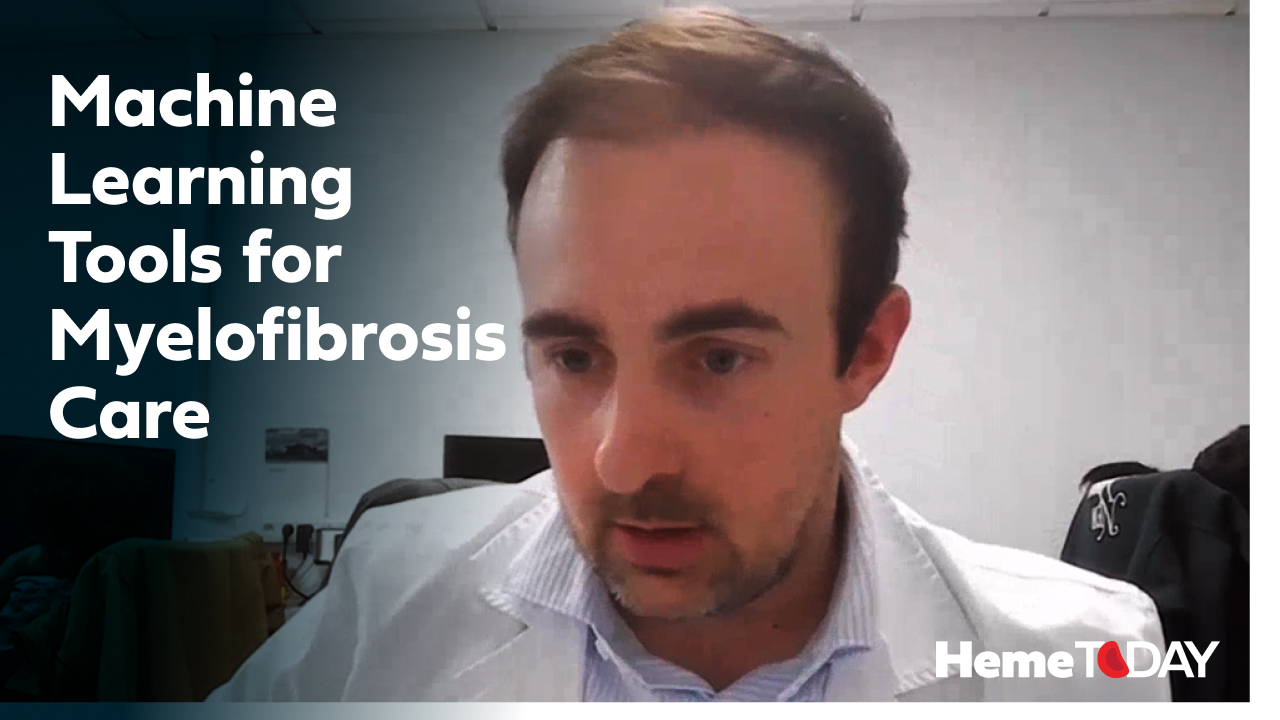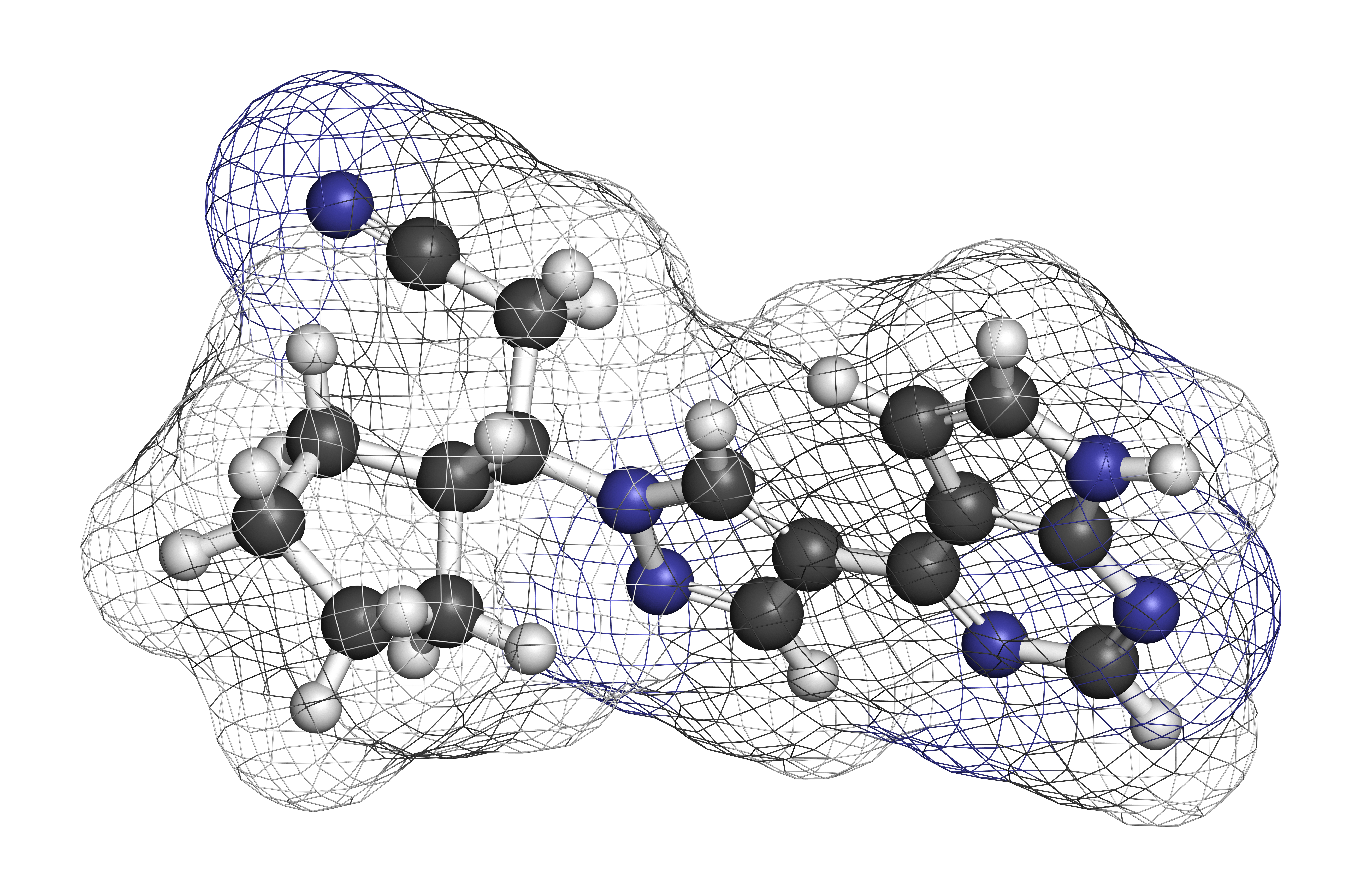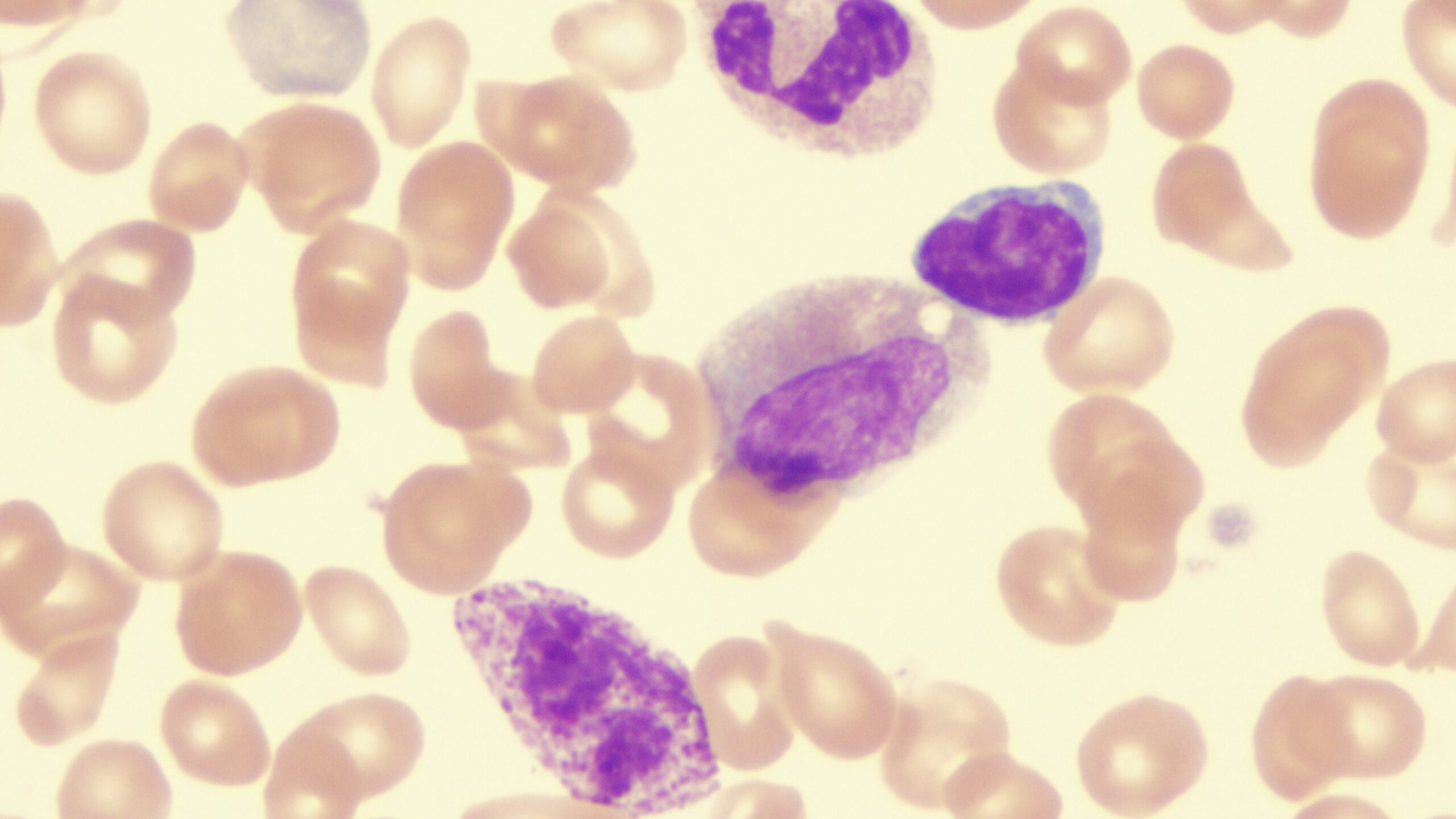
Myelofibrosis
Adrián Mosquera Orgueira, MD, PhD, spoke of his team's study into machine learning tools for improving risk stratification.
In a phase 1 trial the product performed favorably in aplastic anemia, myelofibrosis, and hypoplastic myelodysplasia.
The panel's discussion, moderated by Neil Love, MD, dove especially into the nuances of using avapritinib and ruxolitinib.
Efficacy and safety primary analysis findings are reported from the international, open-label FREEDOM2 trial.
Study identifies risks of thrombosis, hemorrhage, and leukemic transformation in patients with myelofibrosis and other MPNs.
Momelotinib and ruxolitinib improved bone marrow fibrosis, but changes were not associated with improved outcomes in MF.
Splenic radiation effectively managed splenomegaly before HSCT for myelofibrosis and significantly reduced relapse afterward.
The study evaluated the impact of mutations on the risk of thromboembolic events, disease progression, and patient mortality.
Fedratinib induced superior spleen volume and symptom response versus best available therapy in patients with myelofibrosis.
Dr. Hobbs shared findings supporting the safety and feasibility of continuing ruxolitinib during and after HSCT for MF.
Advertisement
Expert Interviews on Hematology
Advertisement












 © 2025 Mashup Media, LLC, a Formedics Property. All Rights Reserved.
© 2025 Mashup Media, LLC, a Formedics Property. All Rights Reserved.